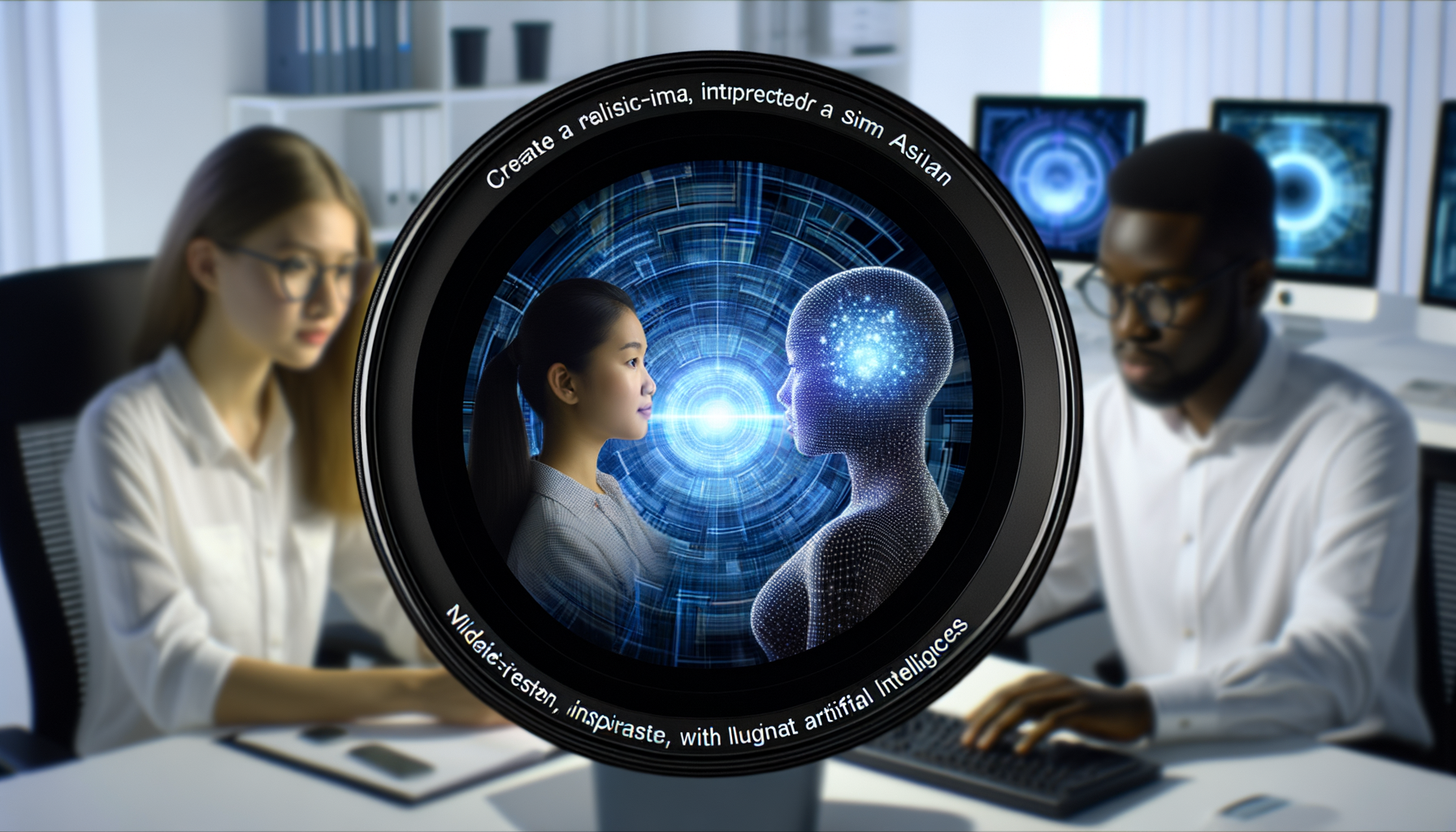Human-Centered AI The Future of Business Innovation

In today’s rapidly evolving digital landscape, Human-Centered AI stands at the forefront of innovation, blending advanced technology with human insight to create solutions that are not only intelligent but also intuitive and inclusive. At Innovators Beyond Borders (IBB), we harness this powerful synergy to empower organizations, ensuring technology serves people, enhances experiences, and drives sustainable growth. This article explores how integrating human-centric principles into AI strategies can unlock unprecedented value across industries.
The Essence of Human-Centered AI
At IBB, we believe the true power of AI lies in its ability to augment human potential, not replace it. Human-Centered AI (HCAI) is the cornerstone of our approach, ensuring that technology serves as an enabler—enhancing decision-making, streamlining operations, and fostering innovation while keeping ethical considerations and human needs at the forefront. Unlike traditional AI implementations that prioritize automation at the expense of human roles, HCAI focuses on collaboration, transparency, and adaptability, creating systems that empower employees and customers alike.
One of the core principles we embed in our consultancy is ethical AI design. By integrating fairness, accountability, and explainability into AI solutions, we help businesses build trust with stakeholders. For instance, in healthcare, we’ve deployed AI-driven diagnostic tools that assist doctors rather than override their expertise. These tools provide real-time insights while maintaining clinician oversight, improving accuracy without compromising the human touch in patient care. Similarly, in fintech, our AI-powered fraud detection systems enhance security teams’ capabilities by flagging anomalies but leaving final judgments to human analysts—reducing false positives and ensuring compliance.
Another critical aspect is tailored AI integration. Generic AI solutions often fail because they don’t account for unique organizational workflows. At IBB, we co-design AI systems alongside employees, ensuring they align with daily operations. In retail, for example, we implemented AI-driven inventory management that adapts to store-specific demand patterns while allowing managers to adjust recommendations based on local insights. This balance between automation and human intuition has led to a 30% reduction in stockouts for our clients.
Our thought leadership in HCAI is reflected in how we measure success—not just in efficiency gains but in employee satisfaction and customer engagement. By prioritizing human-AI collaboration, we’ve helped businesses achieve double-digit revenue growth while fostering a culture of innovation. The future of AI in business operations isn’t about machines taking over; it’s about creating symbiotic relationships where technology amplifies human ingenuity. At IBB, we’re pioneering this shift, one industry at a time.
Conclusions
As we’ve explored, Human-Centered AI is not just a technological advancement but a paradigm shift in how businesses innovate and interact with their stakeholders. At IBB, we believe that the future of AI lies in its ability to complement human intelligence, fostering environments where technology and humanity thrive together. By adopting these principles, organizations can achieve not only operational excellence but also meaningful, lasting impact.

Leave a Reply
You must be logged in to post a comment.